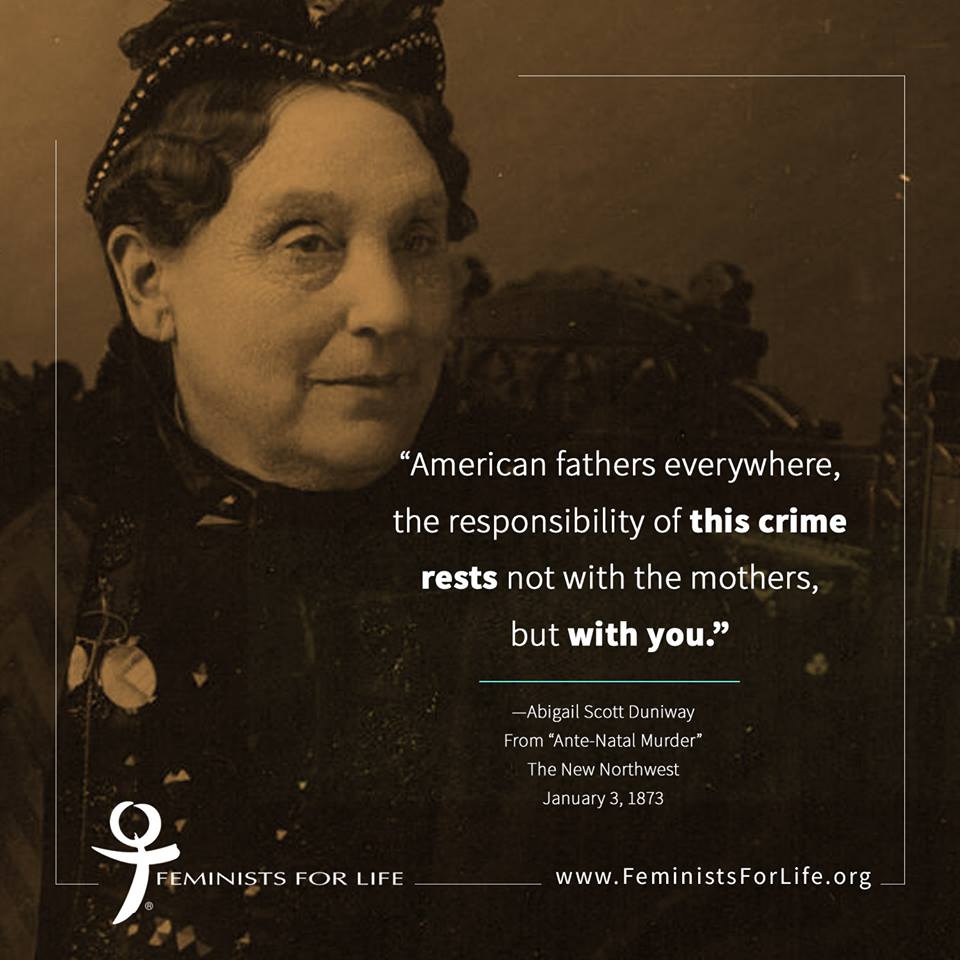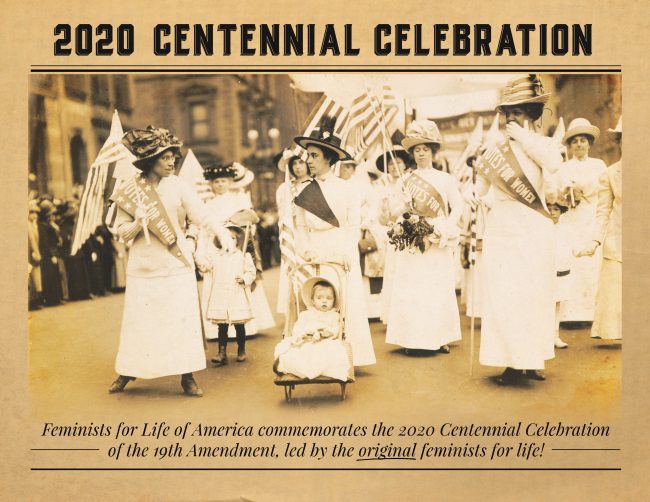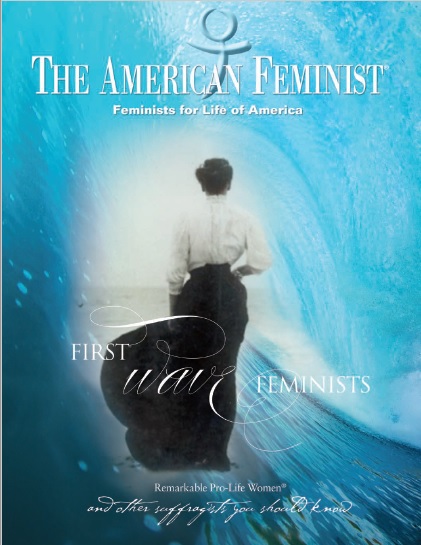
Born in Illinois, Abigail Scott Duniway (1834-1915) was eighteen when she lost her mother and baby brother to a grueling six-month journey on the Oregon Trail. Duniway married a Lafayette farmer; when he was later incapacitated in an accident, she taught school and sold ladies’ accessories to support their six young children. Provoked by stories of marital abuse and oppression among her patrons, Duniway moved to Portland in 1871 and founded the suffragist newspaper The New Northwest. Despite years of poor health and political setbacks, Duniway gave steady voice to women’s issues. She campaigned tirelessly throughout the Pacific Northwest, served as Vice President of the Women’s National Suffrage Association, lobbied for the Married Women’s Property Act, and, in 1912, was invited by Oregon’s governor to pen its equal suffrage proclamation—the seventh in the nation. Although she would not live to see federal suffrage, Duniway, whose books include Captain Gray’s Company (1859), was the first woman ever registered to vote in Multnomah County.
“If mothers only knew the natural consequences of abortion, as they are felt by their helpless victims when ushered into immortal life before being clothed with a well-developed mortality, they would stop awe-struck before committing the awful act, and their own harrowing dread of the pains and cares of maternity would be always bourne, rather than that their unwelcome children should be deprived of the physiological advantages of mortal life. But the vast majority of mothers cannot for many coming generations be made to see and understand this fact … American fathers everywhere, the responsibility for this crime rests not with the mothers, but with you. Forgetting … that your own selfish desires should be held in abeyance to your wives’ behests, you often impose maternity upon them … knowing this, how dare you chide them, when in their ignorance, terror, suffering, and desperation, they commit the blackest crime known in the psychological catalogue?”
—From “Ante-Natal Murder,” The New Northwest, January 3, 1873.
By Jen Hawkins








